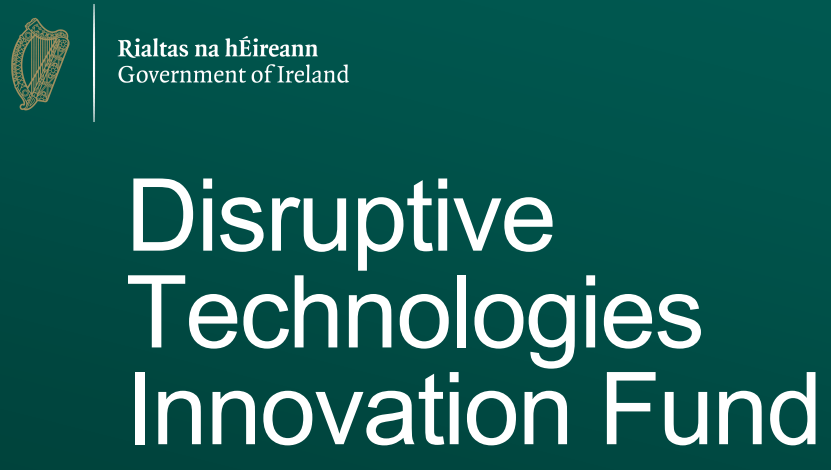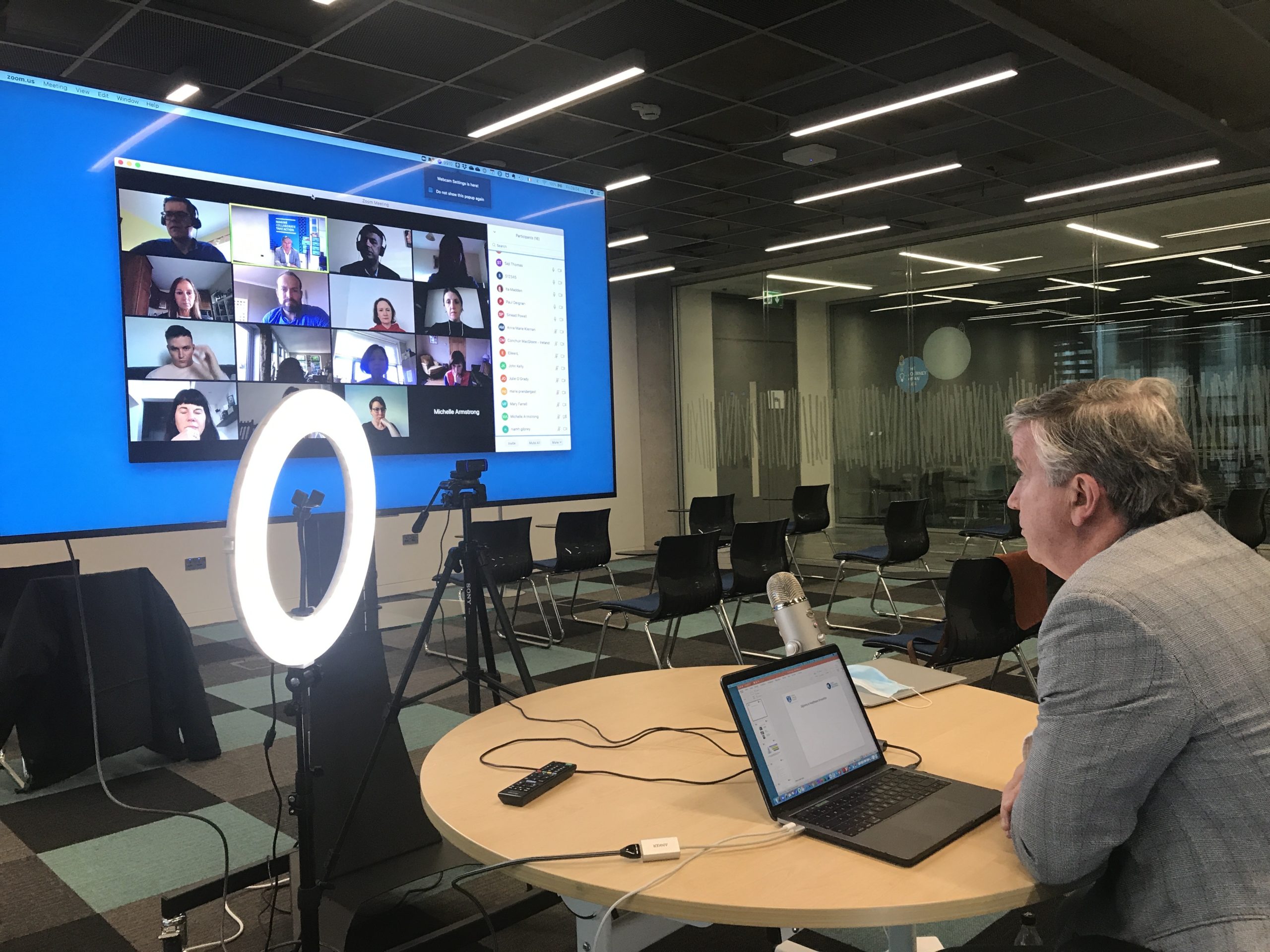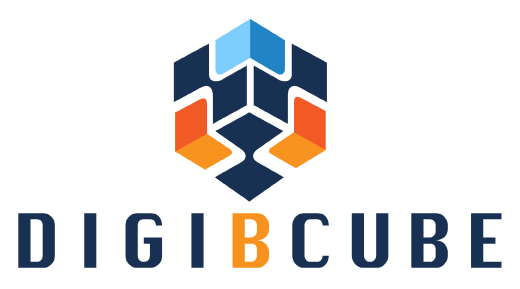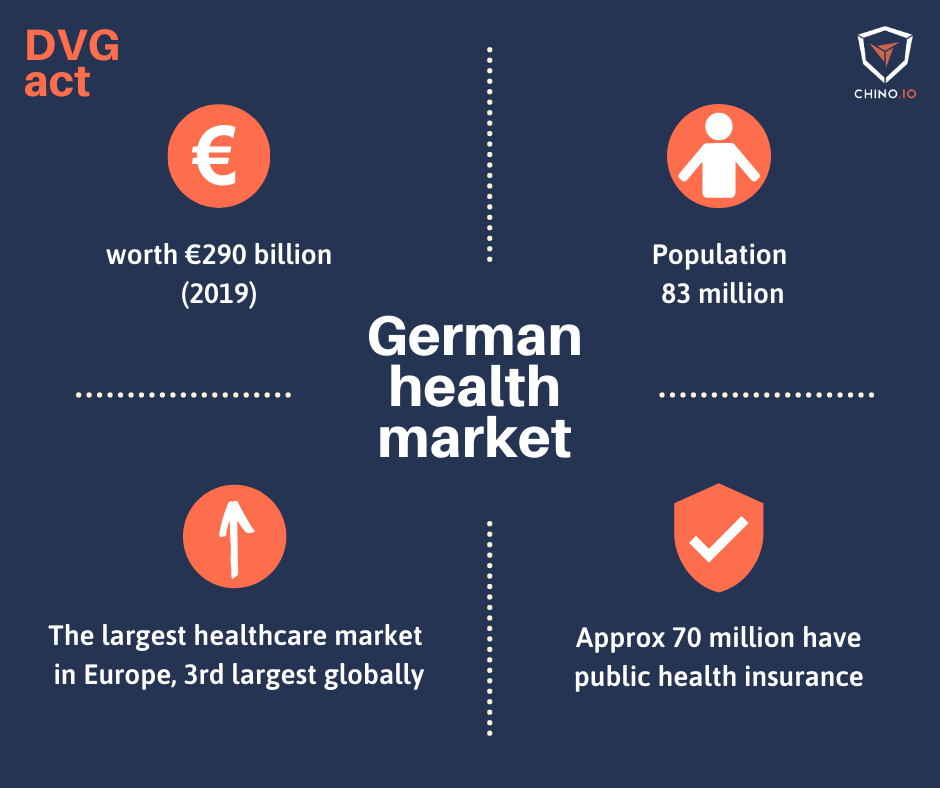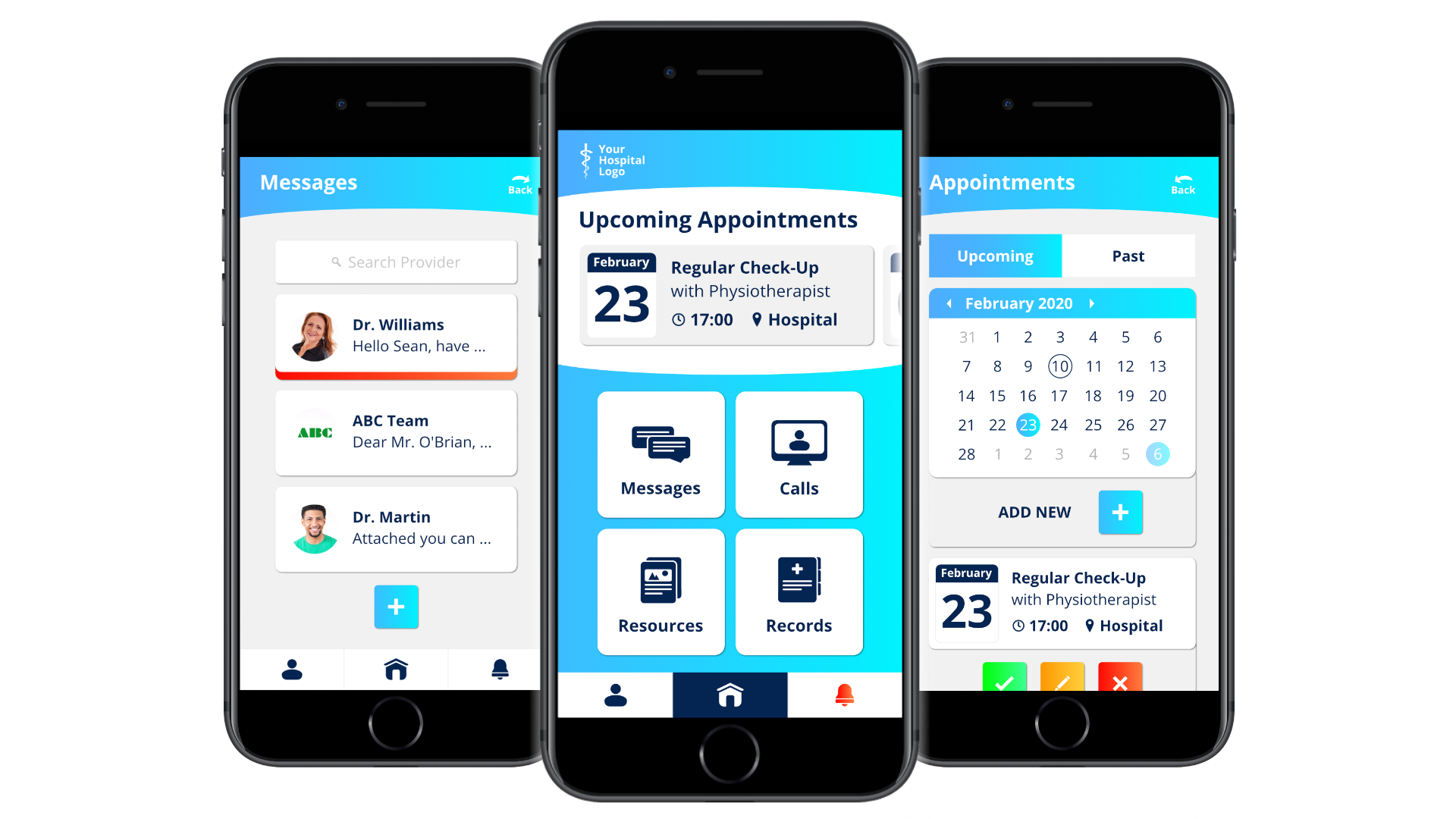
Throughout history there have been a number of pandemics, defined as a worldwide spread of a new disease.
The Black Death, also known as the Plague, has been recorded as the most fatal pandemic with an estimated 75–200 million fatalities in the 14th century which included half of the population of Europe.
More recent notable pandemics include the 1918 H1N1 influenza pandemic (Spanish flu) with an estimated 50m deaths, the 2009 H1N1 pandemic (swine flu), and the current HIV pandemic/epidemic with approximately 32m deaths.
The first case of coronavirus disease 2019 (Covid-19) was officially reported to the World Health Organization (WHO) in December 2019 in Wuhan, the capital of China’s Hubei province, and declared a pandemic in March 2020.
The virus has now spread globally to over three million confirmed cases and 220,000 deaths.
Transmission
Severe acute respiratory syndrome coronavirus 2 (SARS-CoV-2) is the novel virus that causes Covid-19.
It is part of a large family of coronaviruses that circulate among animals and can transfer to humans and cause infections such as the common cold (among other possible causes, predominantly rhinoviruses), severe acute respiratory syndrome (SARS), and Middle East respiratory syndrome (MERS).
Rarely animal coronaviruses infect people and then spread between people which has been seen with SARS which originated from civet cats, MERS which originated from drometary camels, and now Covid-19.
It appears likely that bats, which have close genomic sequence similarities to SARS-Cov-2, are the primary source of transmission to humans.
Whether the virus is transferred directly from bats or through an intermediate host is unknown.
It spreads primarily through droplets generated when an infected person coughs or sneezes or through droplets of saliva or nasal discharge.
The main mechanism of transfer is directly from person to person in close proximity.
Another mechanism is touching infected surfaces and then transferring the virus to one’s eyes, nose, or mouth.
SARS-Cov-2, one-nine hundredth of a width of a strand of hair, can survive on different surfaces from several hours (copper, cardboard) up to a few days (plastic, stainless steel). However, the amount of viable virus declines over time and may not be present in sufficient numbers to cause infection.
The virus has been cultured from stool samples, but faecal-oral transmission does not appear to be a significant factor in the spread of infection.
Analysis of Irish epidemiological data to date indicate one infected person will infect less than one other individual, a continued decline from revised estimates of a reproduction number of between four and five.
This is predominantly due to the collective effort of citizens to abide by recommendations made by the National Public Health Emergency Team regarding good hand hygiene practice, respiratory etiquette, social distancing, and self-isolation as required.
Literature on use of face masks as a preventative measure of community transmission has produced equivocal results with no definitive answers.
Health Service Executive (HSE) guidelines do not recommend universal use of masks primarily as they may create a false sense of security with neglect of other essential measures and increase frequency of face touching from mask adjustments.
Wearing face masks in public places to reduce disease transmission from potentially asymptomatic carriers is recommended by government agencies in several countries including the US, Canada, China, Germany (mandatory), Italy, Scotland, Czech Republic (mandatory), Austria, Poland (mandatory), Israel, Singapore, and South Korea.
With regard to healthcare providers, the HSE recommend that surgical masks should be worn when caring for patients within two metres regardless of the Covid-19 status of the patient, and that surgical masks should be worn by all healthcare providers for all encounters of 15 minutes or more with other healthcare providers in the workplace where a distance of two metres cannot be maintained.
Clinical manifestations
Estimates of the incubation period range from 2-14 days, most commonly five days, and can roughly be divided into three stages: an asymptomatic incubation period with or without detectable virus; a non-severe symptomatic period with the presence of virus; and a severe respiratory symptomatic stage with high viral load.
The role of asymptomatic SARS-CoV-2 infected individuals in disseminating the infection remains to be defined but the risk of transmission is thought to be greatest when patients are pre-symptomatic and symptomatic.
Viral RNA levels from upper respiratory specimens appear to be higher soon after symptom onset compared with later in the illness.
However, detection of viral RNA does not necessarily indicate the presence of infectious virus. There are no specific clinical features that can yet reliably distinguish Covid-19 from other viral respiratory infections. Common symptoms for the general population include a fever, dry cough, shortness of breath, fatigue, and myalgia.
Typical symptoms may be absent in older adults despite respiratory disease: atypical presentation includes confusion, generalised weakness and functional decline, loss of appetite, diarrhoea, nausea, vomiting, abdominal pain, headache, chest pain, and unexplained changes in baseline condition.
Pneumonia appears to be the most frequent serious manifestation of infection, characterised primarily by fever, cough, dyspnoea, and bilateral infiltrates on chest imaging.
Severe illness and death can occur in otherwise healthy individuals of any age, but rises significantly in persons over 65 years and in those with defined risk factors including hypertension, diabetes, cardiovascular disease, chronic respiratory disease, compromised immune status, cancer, and obesity.
Approximately 80 per cent of cases of Covid-19 are mild to moderate, 14 per cent have severe disease, and 6 per cent require critical care. Recovery time appears to be two weeks for mild infections and three to six weeks for severe disease.
Testing
The WHO has called on countries to ‘test, test, test’. The number of confirmed cases is what informs societies about the development of the pandemic, how to respond appropriately to the threat, and learn if countermeasures are successful.
In Ireland, the testing criteria comprise priority groups presenting with one of three symptoms: a fever, acute cough, or acute shortness of breath.
Priority cohorts include close contact with a confirmed or probable case in the last 14 days prior to symptom onset; front-line healthcare providers and their households; at risk groups and their households; staff and residents of nursing homes (current recommendation is to test all residents and staff in a facility with one or more confirmed cases); those in Direct Provision and in Roma and Travelling community settings; the homeless; prison staff and inmates; and pregnant women.
The present goal is to process 100,000 tests weekly for the next six months within the 25 laboratories available inclusive of 20 hospital laboratories, a sizable laboratory in Germany, and the National Virus Reference Laboratory.
Whilst polymerase chain reaction (PCR) testing of respiratory tract samples is the recommended method for identification and laboratory confirmation of Covid-19 cases, multiple diagnostic test manufacturers have developed rapid easy-to-use devices to facilitate testing outside of laboratory settings based on detection of proteins from the virus.
The WHO and Health Information and Quality Authority (HIQA) recommend use of these tests only in research settings and not for clinical decision-making until further evidence is available on their sensitivity and specificity.
In addition, research groups worldwide are analysing wastewater for Covid-19 as a way to estimate the total number of infections in a community, given many individuals will not be tested.
To reliably quantify the scale of infection in a population from wastewater samples, the varying amounts of viral RNA excreted in faeces will need to be captured and then extrapolated from the number of infected people from a representative sample.
Sewage surveillance has previously been used to detect outbreaks of norovirus, multidrug resistant organisms, poliovirus, and measles.
Investigational approaches
Treatment
Management consists of supportive care, although investigational approaches are being evaluated. At this time, while there are a number of medicines being investigated for treatment of Covid-19, none have yet to demonstrate safety and efficiency.
These include remdesivir, lopinavir/ritonavir, and hydroxychloroquine.
Remdesivir
Several randomised control trials are underway to evaluate the efficacy of remdesivir for Covid-19. Remdesivir is an investigational intravenous broad-spectrum anti-viral drug which was developed as a potential treatment for the West African Ebola virus epidemic in 2015.
It is a novel nucleotide analogue that has activity against SARS-CoV-2 and related betacoronaviruses (including SARS and MERS) both in vitro and in animal studies. Reported side effects include nausea, vomiting, and transaminase elevations.
Remdesivir is not commercially available; it is available as part of several ongoing clinical trials or from the manufacturer Gilead for treatment of Covid-19.
Individual compassionate use requests are limited to pregnant women or patients <18 years of age with confirmed Covid-19 and severe disease. The drug can be obtained through an expanded access programme at two sites in Ireland for other populations.
If access to remdesivir is possible, either through a clinical trial or through an emergency treatment request from Gilead, it is recommended in the national guidelines (v3) for treatment of hospitalised patients with severe or critical disease that meet set clinical criteria.
The stated dose is 200mg on day one then 100mg daily for a total of 10 days.
Lopinavir/ritonavir
Lopinavir/ritonavir, an oral antiretroviral agent licensed for the treatment of HIV, appears to have a small role in the treatment of SARS-CoV-2 infection. This combined protease inhibitor has in vitro activity against SARS-CoV and some activity against MERS-CoV in animal studies.
Guideline recommendations on its role for the treatment of Covid-19 are inconsistent, with Belgium recommending it only if hydroxychloroquine is contraindicated, and Italian guidelines recommending it as a first-line treatment in combination with chloroquine or hydroxychloroquine in patients with mild-moderate disease and as an alternative to remdesivir in severe disease.
The national guidelines (v3) recommend lopinavir/ritonavir as a second line agent at a dose of 400/100mg twice daily for 14 days for non-ventilated hospitalised patients with confirmed Covid-19 that meet set clinical criteria.
Common side effects include upper respiratory tract infections, diarrhoea, and nausea.
Hydroxychloroquine
Hydroxychloroquine, an oral medicine licensed as a treatment for rheumatoid arthritis, lupus, and dermatological conditions caused or aggravated by sunlight, has exhibited in vitro activity against SARS-CoV-2 and other coronaviruses.
It has been the focus of widespread anecdotal use since the beginning of the Covid-19 outbreak. Hydroxychloroquine is historically easy to access and cost-effective. Whilst emerging evidence is increasingly showing a lack of significant clinical efficacy of hydroxychloroquine, it is widely recommended in European guidelines for the treatment of patients with Covid-19 either alone or in combination with other agents.
In Ireland, combination use with azithromycin is not recommended due to risk of QTc prolongation and lack of evidence on clinical efficacy.
Hydroxychloroquine is recommended in the national guidelines (v3) as a first-line agent for hospitalised patients that meet set clinical criteria at a dose of 400mg twice daily on day one followed by 200mg twice daily for a total duration of five days.
Other potential therapeutic candidates
A number of other drugs are being developed/repurposed as potential therapeutic candidates for Covid-19 infections.
Clinical features consistent with a cytokine release syndrome with elevated interleukin (IL)-6 levels have been described in patients with severe Covid-19.
Anecdotal reports have found good outcomes with the IL-6 receptor inhibitor tocilizumab, indicated for the treatment of rheumatoid arthritis, polyarticular and systemic juvenile idiopathic arthritis, and giant cell arteritis. Other contenders include systemic interferons, in particular interferon beta licensed to treat multiple sclerosis; monoclonal antibodies indicated for various cancer treatments and autoimmune diseases; and convalescent plasma therapy used back in the early 20th century for viral diseases such as poliomyelitis, measles, mumps, and influenza, and more recently in SARS, MERS, the 2009 H1N1 pandemic, and the West African Ebola virus epidemic.
Clinical trials of investigational treatments for Covid-19
More than 330 clinical trials of investigational treatments for Covid-19 are underway.
The large-scale trials documented below are adaptive in design, whereby aspects of the study protocol, including interventions, may be altered based on interim analysis and emerging evidence.
REMAP-CAP
REMAP-CAP has been adapted during the Covid-19 pandemic to generate evidence on reduction of mortality, intensive care admissions, and morbidity in severely ill patients with Covid-19 infections.
To date, 90 study locations across Europe, Australia, New Zealand, and North America are participating in the study, including three Irish hospitals: Beaumont Hospital, St Vincent’s University Hospital, and University Hospital Galway.
The core trial randomises patients to multiple interventions within four treatment domains representing 240 treatment regimens: antibiotics; antiviral therapy; host immunomodulation with extended macrolide therapy; and alternative corticosteroid regimens.
Antiviral therapy comprises hydroxychloroquine and lopinavir/ritonavir.
WHO Solidarity
This trial evaluates the clinical efficacy and safety of four treatment options against standard of care for hospitalised adults with Covid-19: remdesivir; lopinavir/ritonavir; lopinavir/ritonavir with interferon beta; and chloroquine or hydroxychloroquine.
Over 70 countries have confirmed they will contribute to the trial, with many more in the process of joining. Main secondary endpoints include duration of hospital stay and time to first receiving ventilation or intensive care.
Discovery
The Discovery trial evaluates the safety and efficacy of four investigational therapies in 3,200 hospitalised adults with Covid-19 across France, Belgium, Germany, Luxembourg, the Netherlands, Spain, Sweden, and the UK.
Investigational therapies include remdesivir, lopinavir/ritonavir, lopinavir/ritonavir and interferon beta, and hydroxychloroquine. The primary endpoint is clinical status at day 15.
UK trials
Priority trials in the UK include the PRINCIPLE trial for higher risk patients in primary care, the RECOVERY trial for hospitalised patients, and REMAP-CAP for critically ill patients.
United States
Two key trials led by the US include ORCHID which aims to enrol 510 participants to evaluate hydroxychloroquine for the treatment of hospitalised adults with Covid-19.
The ACTT trial aims to enrol 440 participants in 75 sites globally, predominantly in the US but also in the UK, Singapore, Mexico, and Korea, to evaluate the safety and efficacy of novel therapeutic agents in hospitalised adults with Covid-19.
Preventative measures
Vaccine development
Vaccine development timelines are difficult to predict. At present, there are 11 vaccine candidates, six in China, two in the US, one in Canada, one in Germany, and one in the UK that have entered phase I-II clinical trials with many other industries/academic institutes planning to commence trails in the near future.
The European Medicines Agency estimates it may take at least one year before a vaccine against Covid-19 is ready for approval and available in sufficient quantities to enable widespread use.
BCG vaccine hypothesis
The Bacillus-Calmette-Guerin (BCG) hypothesis, the prevalence and severity of Covid-19 correlating with whether a country has a universal coverage of BCG, a vaccine for tuberculosis disease, has emerged and attracted the attention of the scientific community and media.
The WHO does not recommend BCG vaccination for the prevention of Covid-19 due to a lack of evidence of effectiveness.
There is experimental evidence from both animal and human studies that the BCG vaccine has non-specific effects on the immune system.
These effects have not been well-characterised and their clinical relevance is unknown.
The WHO evidence review update yielded three preprints in which authors observed countries that routinely used the vaccine in neonates had less reported cases of Covid-19 to date. Such ecological studies are prone to significant bias from many confounders, including differences in national demographics and disease burden, testing rates for Covid-19 virus infections, and the stage of the pandemic in each country.
The evidence review also yielded two registered protocols for clinical trials, both of which aim to study the effects of BCG vaccinations on healthcare providers directly involved with Covid-19 patients.
Value of immunity testing
Preliminary evidence suggests some antibodies induced in those who have been infected are protective. However, it is unknown whether all infected patients mount a protective immune response and how long any protective effect will last.
Should evidence confirm that the presence of these antibodies reflects a protective immune response, serologic screening will be an important tool to understand population immunity and distinguish individuals who are at lower risk for reinfection.
Prophylactic therapy for healthcare providers/contact cases
There is currently no robust evidence to support the use of either pre- or post-exposure pharmacological prophylactic therapy for healthcare providers or those in contact with confirmed cases of Covid-19.
A number of trials are examining the use of hydroxychloroquine, chloroquine, lopinavir/ritonavir, inhaled nitric oxide gas, BCG vaccinations, emtricitabine/tenofovir, and vitamins in combination with hydroxychloroquine as prophylactic agents in Covid-19. This will help inform future recommendations.
Digital platforms
There are a significant number of Irish academics and developers stepping up to the Covid-19 call. Examples include university researchers who have developed an application tool (mycovidsymptoms.ie) which rapidly and simply tracks the spread of Covid-19 by gathering anonymous symptom data.
The aim is to enable a more accurate estimate of the prevalence of Covid-19 infections and assist authorities to make timely, data-driven decisions on protective measures. Another innovation is the development of an early warning system for the detection of Covid-19 symptoms amongst front-line Irish healthcare professionals, which currently accounts for more than one in four confirmed cases.
The Covid-19 Remote Early Warning System (CREW) identifies healthcare staff who develop a fever, a key potential indicator of Covid-19, via a wearable digital thermometer sensor and sensor platform such as a smartphone or smart watch.
The early detection of potential cases allows for precautionary self-isolation and testing thereby protecting patients and healthcare providers. An early-warning system that enables enhanced non-invasive ventilation of hospitalised patients before possible transfer to critical care has also been developed by Irish doctors.
The Accord app and a pulse oximeter determine a patients Covid-19 clinical index and predict potential intensive care intervention 24 hours prior to admission.
Another innovative solution developed by Irish researchers is a global platform to connect personal protective equipment (PPE) stock to hospitals worldwide in light of worldwide shortages.
CovidMedSupply.org allows local organisations such as businesses, industry, universities, and laboratories to list what PPE stock they have for supply along with contact details and geographic locations.
The local hospital or clinic can click on the map of their surroundings and view what emergency PPE is in the vicinity and access it quickly.
Another Irish digital healthcare company patientMpower has partnered up with the HSE for patients enrolled in the HSE Covid-19 remote monitoring programme. Patients in self-isolation use an app to provide healthcare professionals with their oxygen saturation, level of breathlessness, temperature, and medication use.
The aims are to preserve hospital resources for those in most need, reduce exposure of healthcare providers, and enable rapid triage of patients on first signs of deterioration.
ViClarity is another company providing access to a Covid-19 outbreak preparedness audit tool for Irish nursing homes which uses HIQA’s regulatory assessment framework. Nursing homes are now required to complete a HIQA self-assessment checklist and prepare for on-site inspections.
In a rare move, Apple and Google have partnered up to enable interoperability between IOS and Android devices using apps from public health authorities.
They also plan to enable a broad Bluetooth-based contact tracing platform which would require millions of people to opt in and trust the technology safeguards.
Individuals who test positive can provide an encrypted list of phones they encountered within close proximity which trigger alerts to potentially exposed users to seek more information. Another project comprising more than 130 members across eight European countries is creating Pan-European proximity tracking technologies which ensure data anonymisation and cross-border interoperability that national authorities can use to create their own Covid-19 apps.
The HSE has also reported that a smartphone app using Bluetooth technology to facilitate contact tracing should be rolled out in the coming days.
Health Innovation Hub Ireland is working with Enterprise Ireland and other government partners including the HSE Task Force; the Department of Jobs, Enterprise and Innovation; the Department of Health; Science Foundation Ireland; IDA Ireland; Health Research Board; and the Irish Research Council to support the national Covid-19 response by collating a database of products, services, resources, expertise, and research.
Groups are invited to submit their Covid-19 solutions via an online portal. Post evaluation of legitimacy, availability, and feasibility of the proposed solutions, those of high value are progressed.
This initiative has enabled Irish healthcare to avail of Irish solutions in the management of Covid-19.
Originally published in the IMT here.



